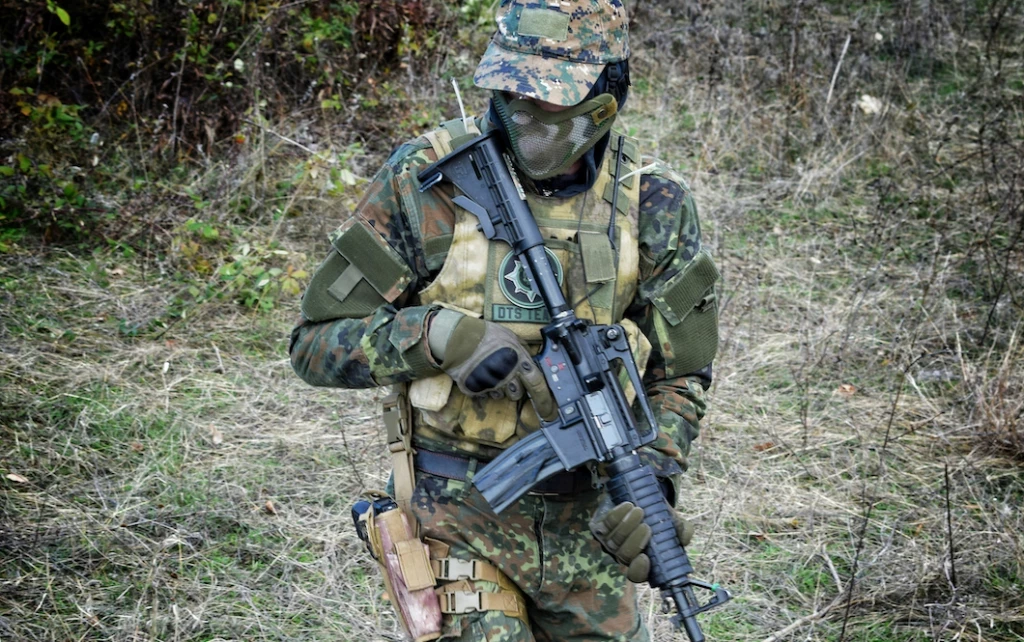US Army releases August suicide data
Add bookmarkDuring August 2011, among reserve component soldiers who were not on active duty, there were nine potential suicides: none have been confirmed as suicide and nine remain under investigation. For July 2011, the Army reported 10 potential suicides among not-on-active-duty soldiers. Since the release of that report, one case has been added for a total of 11 cases. Three cases have been confirmed as suicide and eight cases remain under investigation.
"Suicide prevention training and awareness are vital components of the Army's health promotion and risk reduction efforts against the tragic occurrence of suicide within our ranks," said Lt. Gen. Thomas P. Bostick, Army Deputy Chief of Staff, G-1. "It is a priority that deserves our full attention and continued emphasis by all leaders. Junior leaders and first-line supervisors can be especially effective in assisting those in a moment of crisis. We collaborate extensively with other federal and national programs to assure we remain abreast of the very latest research and best practices. To date, our focused efforts have resulted in thousands of trained individuals throughout the Army who now have the skills to recognize the signs of suicide, exercise appropriate intervention techniques, and engage the numerous organizations within the Army and DoD that stand ready to help at any hour of the day or night. These skills are invaluable and have equipped many in our Army to lend a hand to fellow soldiers, Department of the Army civilians, and their families in their daily encounters," said Bostick.
Soldiers and families in need of crisis assistance can contact the National Suicide Prevention Lifeline. Trained consultants are available 24 hours a day, seven days a week, 365 days a year and can be contacted by dialing 1-800-273-TALK (8255) or by visiting their website athttp://www.suicidepreventionlifeline.org .
Army leaders can access current health promotion guidance in newly revised Army Regulation 600-63 (Health Promotion) at: http://www.army.mil/usapa/epubs/pdf/r600_63.pdf and Army Pamphlet 600-24 (Health Promotion, Risk Reduction and Suicide Prevention) at http://www.army.mil/usapa/epubs/pdf/p600_24.pdf .
The Army's comprehensive list of Suicide Prevention Program information is located at http://www.preventsuicide.army.mil .
Information about Military OneSource is located athttp://www.militaryonesource.comor by dialing the toll-free number 1-800-342-9647for those residing in the continental United States. Overseas personnel should refer to the Military OneSource website for dialing instructions for their specific location.
Information about the Army's Comprehensive Soldier Fitness Program is located at http://www.army.mil/csf/ .
The Defense Center for Excellence for Psychological Health and Traumatic Brain Injury (DCoE) Outreach Center can be contacted at 1-866-966-1020, via electronic mail at Resources@DCoEOutreach.org and at http://www.dcoe.health.mil .
The website for the American Foundation for Suicide Prevention is http://www.afsp.org/, and the Suicide Prevention Resource Council site is found athttp://www.sprc.org/index.asp .
The website for the Tragedy Assistance Program for Survivors is http://www.TAPS.org, and they can be reached at 1-800-959-TAPS (8277).






















